5 Strategies To Stay Well Through ‘Cold and Flu Season’
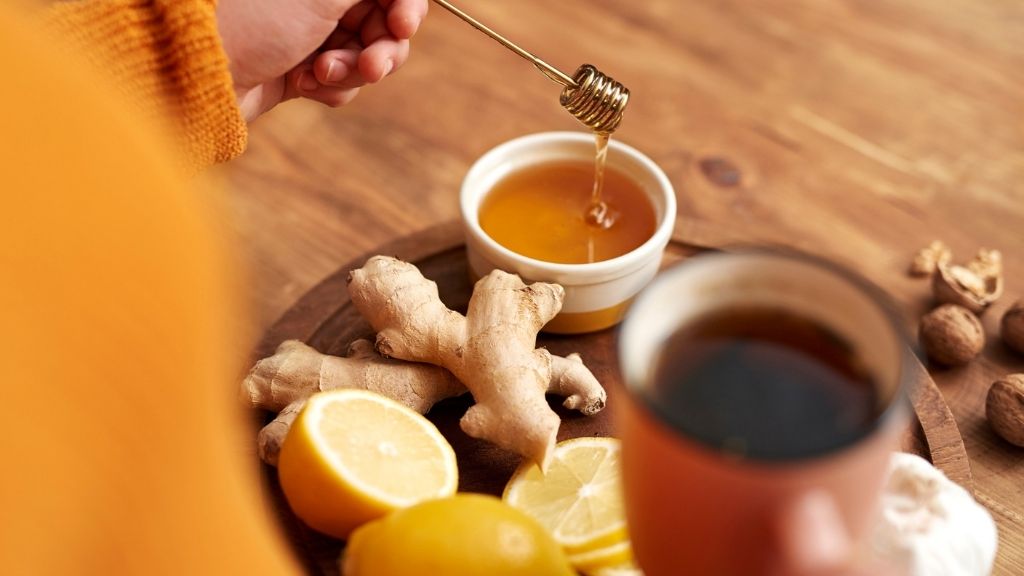
It’s always seemed peculiar to me that colds and flus become so prevalent every fall that we’ve started calling it “cold and flu season”. As if it’s something that is a force of nature and we have no impact or influence on how it affects us. But, of course we can! You know this. I know this. Self responsibility when it comes to health is a huge part of our resilience. And best of all, most of the things that are most powerful in supporting optimal health costs nothing – it’s just basic shifts in lifestyle choices.
And so, as the oxygen giving leaves fall from the trees, CO2 levels rise, our exposure to sunshine, the primary source of Vitamin D (critical for immune support), decreases, our schedules tend to fill up and we spend less time in nature– well, that is the perfect recipe for viral infections to take hold.
With a little one at home, I appreciate that basic colds and such are essential for my son’s immune system development. I don’t want to be along for the ride, sniffling beside him. So in advance of the season of immune suppression, I employ extra care to stay as well as I can.
Most of my immune power comes from the way I eat and the way I live – and it’s pretty simple for you to arm yourself against the onslaught. Prevention is always the best way to go and though, of course, there is no surefire way to never, ever get sick. Taking on some specific habits when you know you’re prone to getting sick will help build up your resiliency, potentially shorten the suffering and reduce risk of complications.
Here are my top 5 go-to ways to ward off colds and flus, both during the cold and flu season and throughout the year.
1. Avoid Sugar and Alcohol
If you want to invite colds and flus into your body, having a piece of candy, chocolate, cake or alcohol with or after every meal is the way to do it. Excess sugar is linked to a wide variety of health problems, including blood sugar imbalances, diabetes, obesity, tooth decay and cancer. Sugar dampens our immune systems, leaving us more susceptible to germs and illnesses.
You’ve probably heard that Vitamin C is an essential vitamin to support the immune system. In the 1970’s, researchers found out that vitamin C was needed by white blood cells so that they could devour viruses and bacteria. Glucose (aka sugar) and vitamin C have similar chemical structures, so when the sugar levels go up in the body, they compete with Vitamin C for entry into the cell. Unfortunately, the insulin receptors on our cells favour glucose over Vitamin C, so if there is more glucose around, there is going to be less vitamin C allowed in. It doesn’t take much: a blood sugar value of 120 reduces the ability of our cells to eat bacteria by 75%.
While there may be some benefits to certain types of alcohol in limited amounts, for the most part, alcohol compromises the immune system and leaves us more susceptible to infections. And most of us aren’t having the occasional glass of organic wine – many are boozing it up on the regular.
This study demonstrates that when subjects consumed 100g of either honey, fructose, glucose, or sucrose (table sugar), the activity of their immune cells decreased for 5 hours.
So when you eat sugar or alcohol, think of your immune system slowing down to a crawl.
2. Get enough sleeP

You can’t make up sleep. Not really. You can sleep in, and you can rest, but insufficient sleep will begin to weaken immune function. When we have the flu, we feel our best in the morning, after we have rested. Symptoms tend to worsen by afternoon and then we improve again after a good sleep.
Does sleep actually suppress infection and boost immune function? Researchers have discovered that when animals are sleep deprived, they become more susceptible to microbial and bacteria growth, which can lead to illness and infection. You might be thinking, ‘But Meghan! The flu is a virus, not a bacteria’. True, but weakened immune function is weakened immune function, no matter how it gets weakened.
A good night’s sleep doesn’t just benefit animals – it helps us, too. Evidence shows that sufficient sleep and a regular circadian rhythm boost immune function and help filter T-cells into our lymph nodes. Our lymphatic system is essential for eliminating wastes and defending our bodies from external invaders, so the moral of the story is a good night’s sleep is an important element to prevent colds and flus.
Having trouble sleeping?
- Podcast Episode: How to get a good night’s sleep
- Read: 10 ways to encourage sleep
3. Reduce (Or at least limit!) stress
Chronic stress impairs the immune system’s capacity to respond to glucocorticoid hormones that normally are responsible for terminating an inflammatory response following infection and/or injury. Psychological stress (which, let’s face it, is largely self-induced) raises catecholamine (‘fight or flight’) hormones, which suppress the immune system and raise the risk of viral infection.
For example, researchers have shown that students taking exams have a lowered immunity compared to non-exam time. Also, a meta-analysis of 300 studies over 30 years concluded that chronic stress alters the immune system and can leave us more susceptible to disease.
So if you keep saying yes to everything, do more than anyone believes is humanly possible and then continue telling everyone all about how stressed you are, you are a shoe-in to win the Flu Season Olympics.
Need to check that stress?
And remember, not all stress is bad. There are some benefits to stress!
4. Practise good hygiene and sweat it out

Germs are everywhere during cold and flu season! You can’t control what other people do, but you can control your own behaviour. Whether you’re at the grocery store, on public transit, at the gym or seeing friends and family, ensure you wash your hands regularly – especially when you’re eating or touching your face.
Rinsing your nasal passages with warm water and salt using a neti pot can help to wash out infections and reduce allergy symptoms. Having a good sweat will help you excrete toxins through your skin and raise your core body temperature, which will kill off potential pathogens. I like to use an infrared sauna, but regular exercise or hot yoga can also do the trick.
5. Load up on immune Supportive foods and herbs
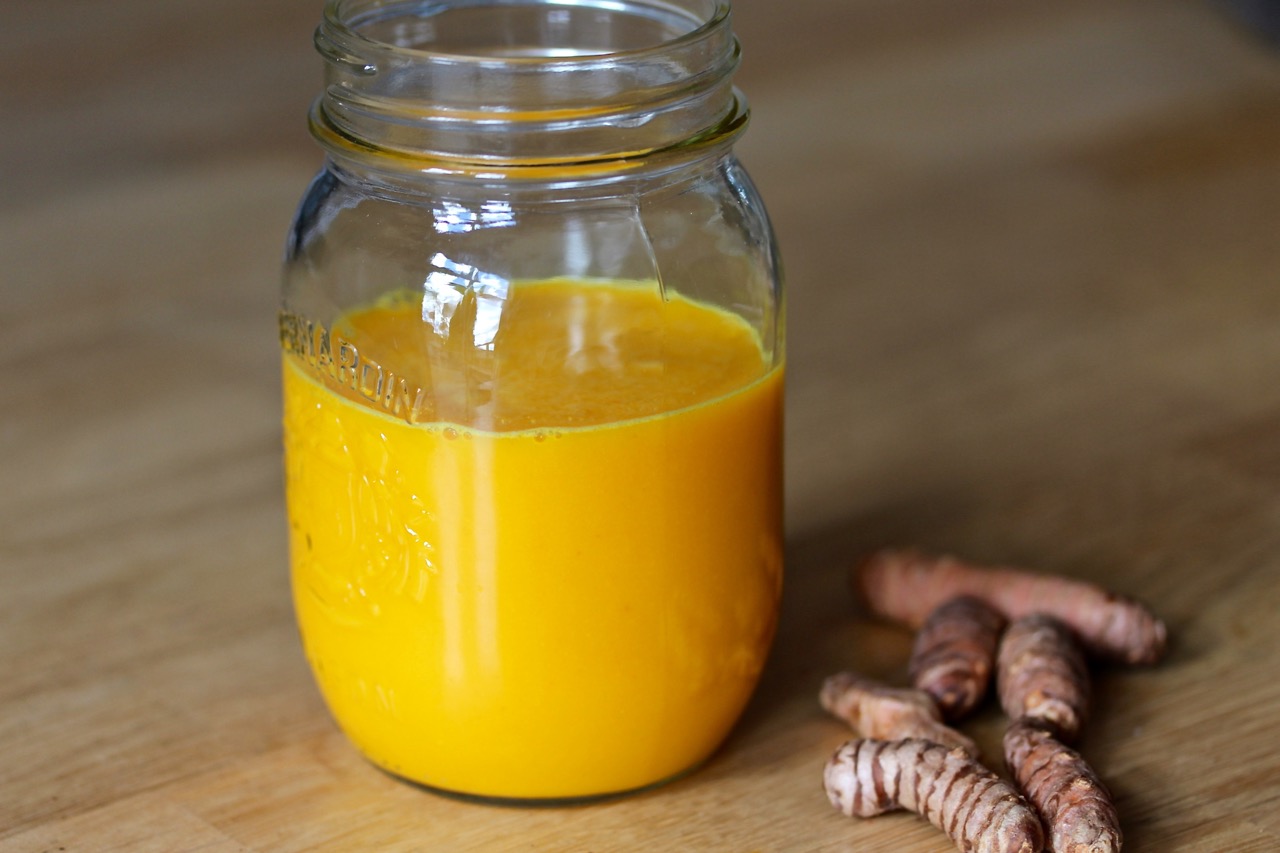
A good diet loaded with plant-based foods is one of your best defences to prevent colds and flus. And I don’t just mean a healthful diet the moment you feel a cold coming on – I’m talking about a continual commitment to eating high-quality produce, drinking plenty of water, consuming healthy fats, and loading up on quality proteins (protein is an essential part of our antibodies, and they assist with healing and repair).
Foods with Vitamin C (cauliflower, bell pepper, dark leafy greens, citrus), Vitamin D (eggs, fish) and probiotics (such as fermented foods) will also help to boost the immune system and keep your gut healthy. Since about 70% of the immune system lives in the gut, good digestion is crucial to healthy immunity.
For more immune-boosting power, try:
- Elderberry Syrup
- Cold and Flu Turmeric Tonic
- Healing Ginger Tea
- Simple Bone Broth Recipe
- Fast + Easy Miso Power Soup
- 10 Natural Cold and Flu Remedies
Spotlight on Vitamin D
There has been loads of research on Vitamin D’s impact on immunity in the last few decades. Research shows that Vitamin D supports both the innate immune system (the one we’re born with) and the adaptive immune system (the immunity we learn). It can have an anti-viral effect on respiratory tract infections.
- In one meta-analysis of randomized controlled trials, involving just over 11,000 people, researchers found that Vitamin D supplementation lowered the risk of developing respiratory tract infections.
- In one 20-year study, low Vitamin D levels were linked to more deaths from winter flus and pneumonia.
- In another study, one group of children were given Vitamin D3 supplements while a second group were given a placebo. Only 10.8% of kids in the Vitamin D group developed the flu, compared to 18.6% of the placebo group.
- When one group of young Finnish men were given Vitamin D supplements and one group was given a placebo and then tracked for six months, researchers determined that 51.3% of the Vitamin D group remained healthy during that time with no respiratory tract infections, compared to 35.5% of the placebo group.
- Other various studies of Vitamin D supplementation, from 400 – 4,000IU daily, show that Vitamin D can help prevent the common cold.
Vitamin D supplements are inexpensive and easy to take, and can be especially helpful during the winter months when we have less exposure to sunlight.
Equipped with these tips and tools, colds and flus won’t be awful things that just ‘happen to you’. Instead, you can empower yourself to prevent colds and flus every day of the year.
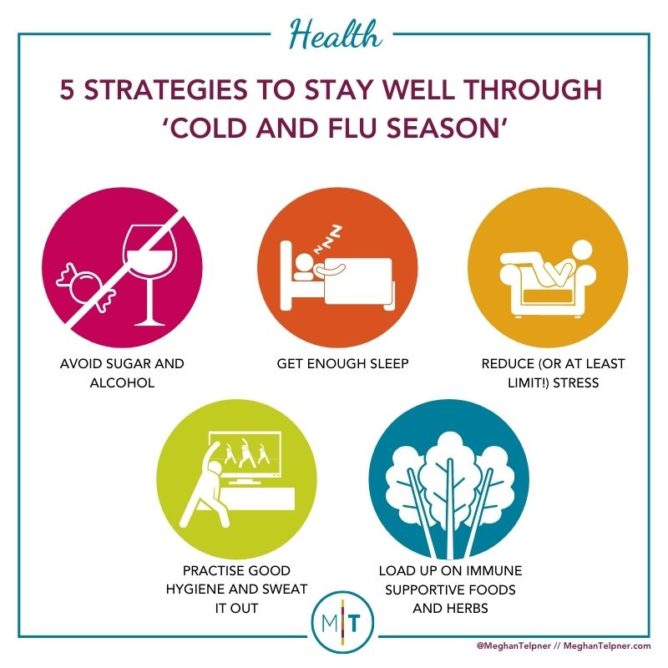
Free Resource Library
Enjoy more than 40 downloadable guides, recipes, and resources.

















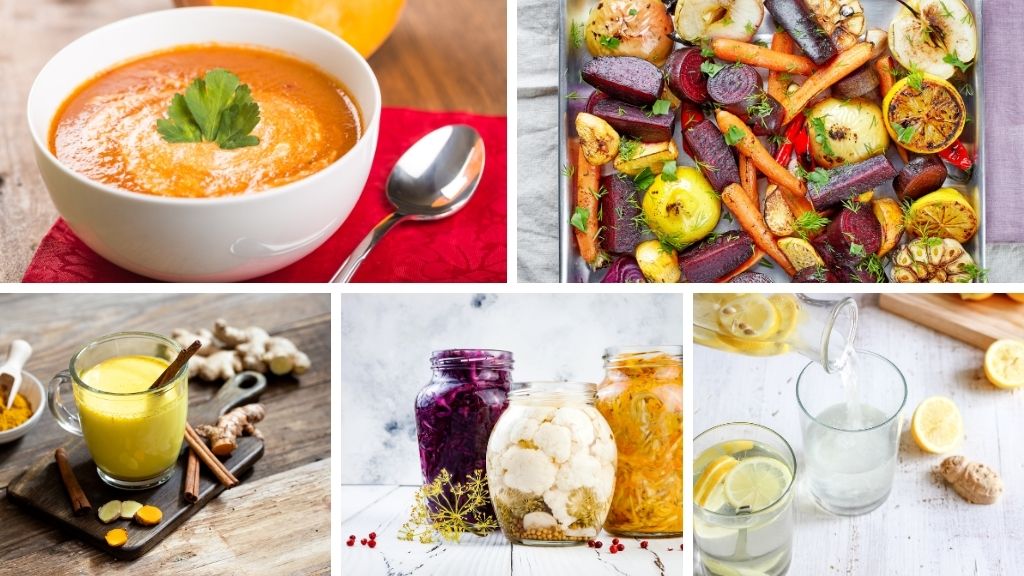







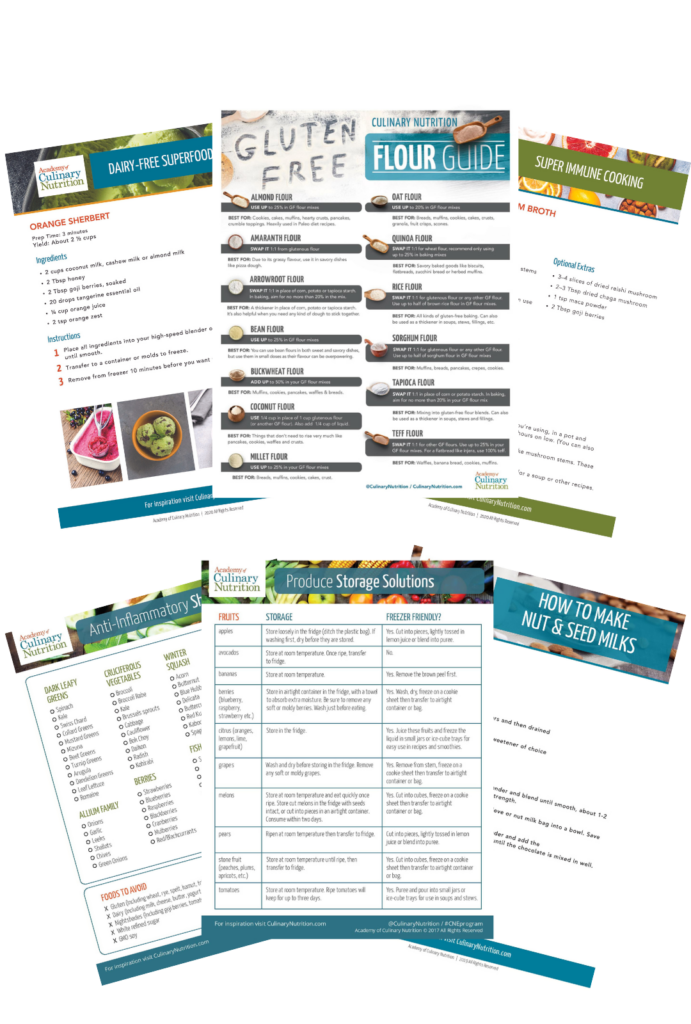
These tips are so important, especially with everything going on this year. I know I for sure could benefit from reduced stress, improved sleep and diet.
I feel like a case study. Not enough sleep, too much stress and alcohol. One small scoop of ice cream with dinner and I wake up with a cold the next day. I will bump up the Vitamin D.